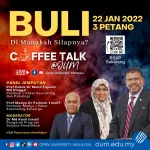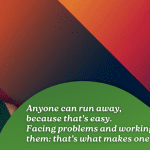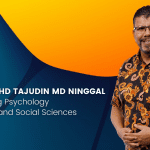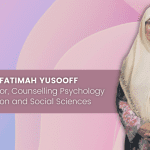The online event began with a brief introduction by Vice President (Academic) Prof Dr Widad Othman, who encouraged academics to be active in research and publication. Registrar Prof Dr Siti Aishah Hashim Ali also shared her experience and knowledge in research.
Dr Thirumeni began by explaining the academic portfolio pathway published in the Ministry of Higher Education’s Orange Book as an introduction into the types of portfolios that academics can personally draft. These include different types of portfolios, which are Teaching Pathway, Research Pathway, Professional Pathway, and Institutional Leadership Pathway.
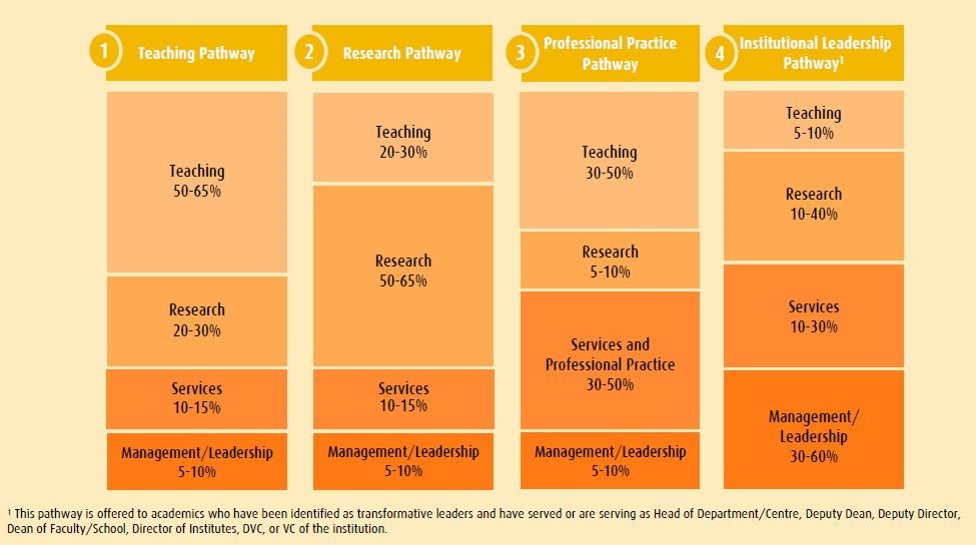
She also spoke about MyRA, a rating system approach that focuses on university accomplishments in research capacity and performance. As academics, their contribution to overall research performance makes a big difference for the university’s yearly MyRA rating.
The gist of the workshop addressed research grants, and covered such topics as research areas, processes, and evaluation. Types of grants available, criteria for supporting external grants and types of research areas were also discussed. After a short break, the workshop resumed with an explanation on processes involved in internal research grants, and the evaluation process of completed internally funded research projects.
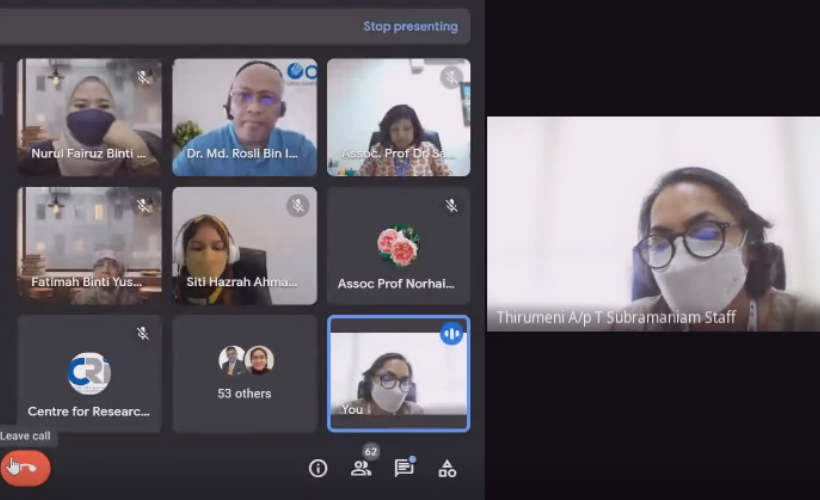
Dr Thirumeni also took the opportunity to brief participants on the management of publications and events at CRI, including the OUM Lecture Series, ASEAN Journal of Open and Distance Learning, Workshop on Publishing and Public Lectures.
Innovations topics were also introduced, as in future, OUM would like to encourage academics to come up with innovative and impactful research output, such as knowledge transfer programmes that can benefit society, and innovation outcomes including inventions and patents. The workshop successfully concluded with an interactive Q&A and sharing session among all who were present.
By Ruhil Imal Mustafa, Centre for Research and Innovation
